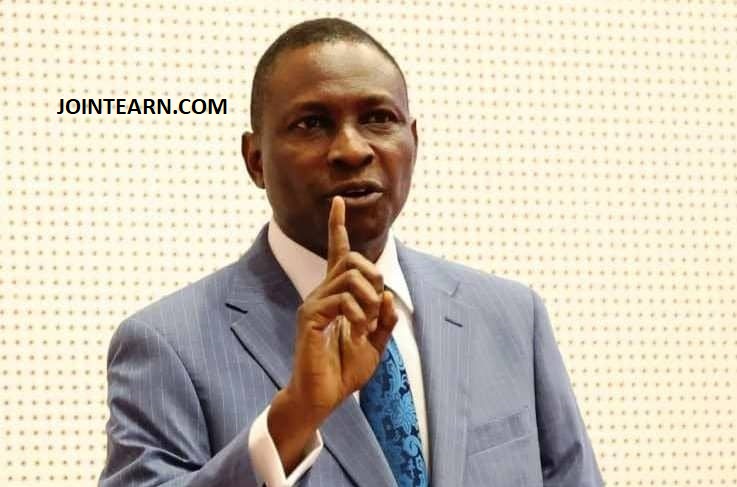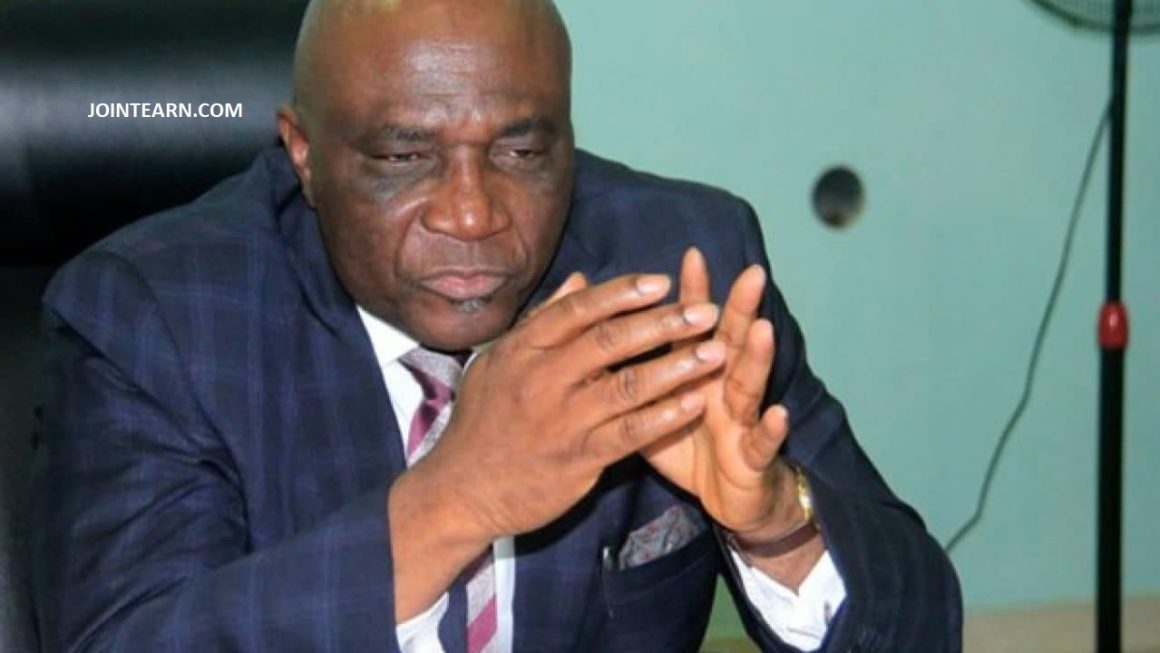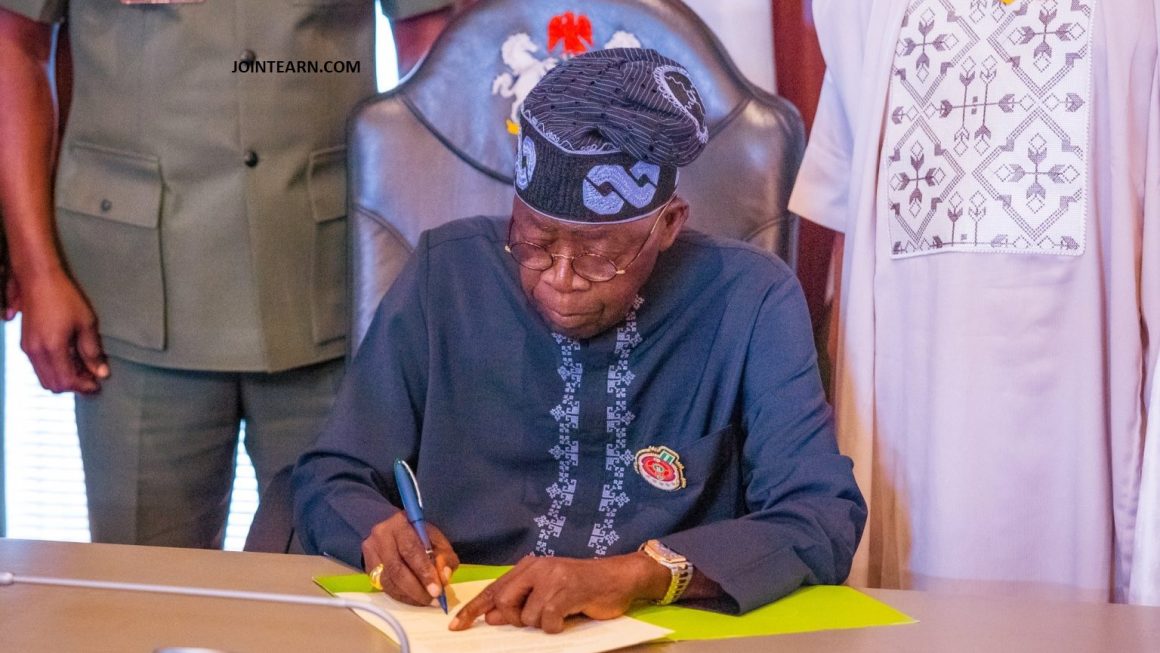The Chairman of the Economic and Financial Crimes Commission (EFCC), Abdulrasheed Bawa, has issued a stern warning to the country’s Ministries, Departments, and Agencies (MDAs) about their growing non-compliance with financial regulations. He emphasized that such breaches are significantly contributing to the rising tide of corruption within the public sector. Bawa’s statement, made during a recent briefing in Abuja, serves as a call to action for the federal government to tighten oversight on MDAs and reinforce strict adherence to financial laws.
In his address, Bawa highlighted that several MDAs have continued to violate established procedures and regulations governing public finances. These violations, according to the EFCC Chairman, are not only detrimental to the efficient running of government institutions but are also serving as a breeding ground for corruption. Bawa’s comments come amid growing concerns about the growing frequency of corrupt practices within Nigeria’s public sector, particularly among civil servants and government officials.
The EFCC boss stated that instances of regulatory breaches within MDAs often involve the mismanagement of public funds, lack of transparency in procurement processes, and the flouting of rules meant to curb financial misappropriation. He further noted that despite the presence of regulatory bodies, including the Office of the Auditor-General of the Federation, such violations are often overlooked or not appropriately sanctioned, thereby creating an environment where corrupt practices can thrive.
Bawa emphasized that corruption within MDAs does not only involve financial theft but also includes a culture of impunity, where officials feel shielded from scrutiny and accountability. He lamented that this impunity has become pervasive, with numerous cases of MDAs bypassing financial regulations and manipulating systems to cover up fraudulent activities.
One of the major concerns raised by Bawa was the role of procurement processes in perpetuating corruption. He pointed out that in many instances, procurement contracts are awarded to companies with dubious backgrounds, with kickbacks exchanged under the table. This practice not only undermines the integrity of the public sector but also leads to poor service delivery and inflated project costs. In some cases, projects are abandoned midway, leaving taxpayers with nothing to show for their contributions.
Bawa also referred to the lack of proper auditing and financial reporting within some MDAs, which makes it difficult to track the movement of public funds. This, he warned, encourages a lack of accountability and provides a convenient loophole for corrupt individuals to divert resources meant for public welfare. The EFCC Chairman urged the federal government to prioritize reforms in the financial management systems of these agencies to ensure that transparency and accountability are enforced.
The EFCC boss further stressed the importance of a collaborative effort between the government, anti-corruption agencies, and the public in tackling the menace of corruption in Nigeria. He acknowledged the efforts of the Buhari administration in fighting corruption but emphasized that the fight could only be won if MDAs adhere strictly to financial regulations and embrace a culture of accountability.
Bawa’s warning comes on the heels of the EFCC’s increasing efforts to clamp down on corruption in the public sector. The commission has ramped up its operations across the country, investigating cases of financial mismanagement, money laundering, and procurement fraud within various government agencies. In recent months, several high-profile cases have been brought to light, with many MDAs implicated in corrupt activities.
In addition to his remarks on MDAs, Bawa also took the opportunity to highlight the importance of strengthening Nigeria’s legal and institutional frameworks to better tackle corruption. He called for the establishment of more robust laws that would make it easier for anti-corruption agencies to carry out their duties without interference. He also reiterated the need for political will and the determination of public officials to fully support anti-corruption efforts.
The EFCC boss also commended the federal government’s ongoing efforts to enhance the transparency and accountability of public institutions. However, he warned that there is still much work to be done. He urged the government to ensure that MDAs are properly supervised and held accountable for any actions that violate financial regulations.
Bawa concluded his address by stressing the need for a systemic change in the way public finances are managed. He emphasized that this would require not only the commitment of government officials but also the active participation of citizens in holding public institutions accountable. He reiterated that the fight against corruption is not just the responsibility of anti-corruption agencies but of every Nigerian who seeks a better future for the country.
The EFCC’s warning to MDAs is timely, as the country continues to grapple with a deep-rooted culture of corruption. With Bawa’s leadership and the support of the public, there is hope that efforts to reform MDAs and eliminate corrupt practices within the public sector will gain greater momentum. However, it remains to be seen whether government institutions will take the necessary steps to address the issues raised by the EFCC boss, and whether Nigeria can move closer to the goal of a corruption-free society.
In the meantime, the EFCC is expected to continue its vigilance in investigating and prosecuting those responsible for breaching regulations and perpetuating corrupt practices in government agencies. With renewed efforts from both the government and the public, the fight against corruption in Nigeria may soon take a turn for the better.












